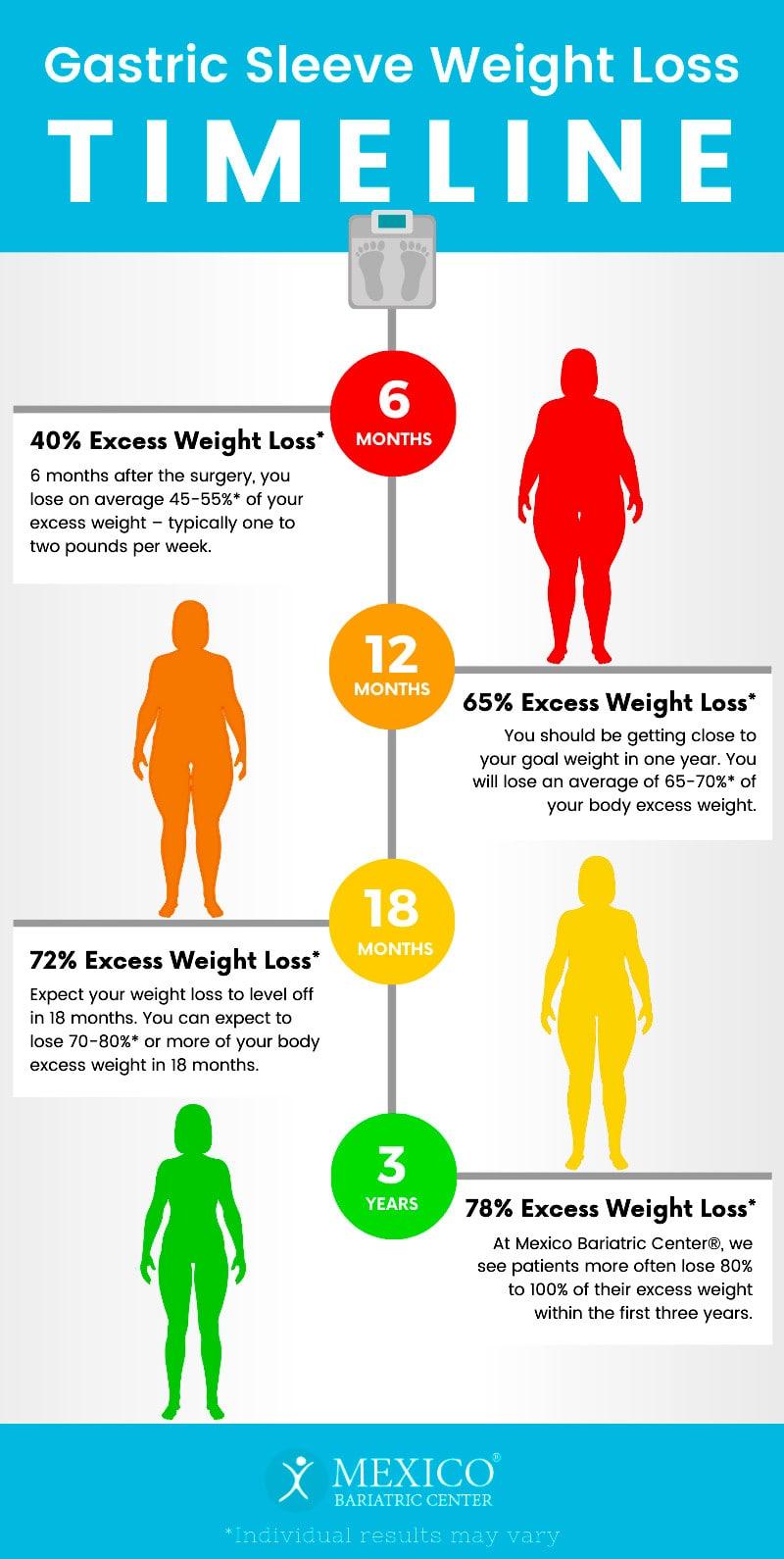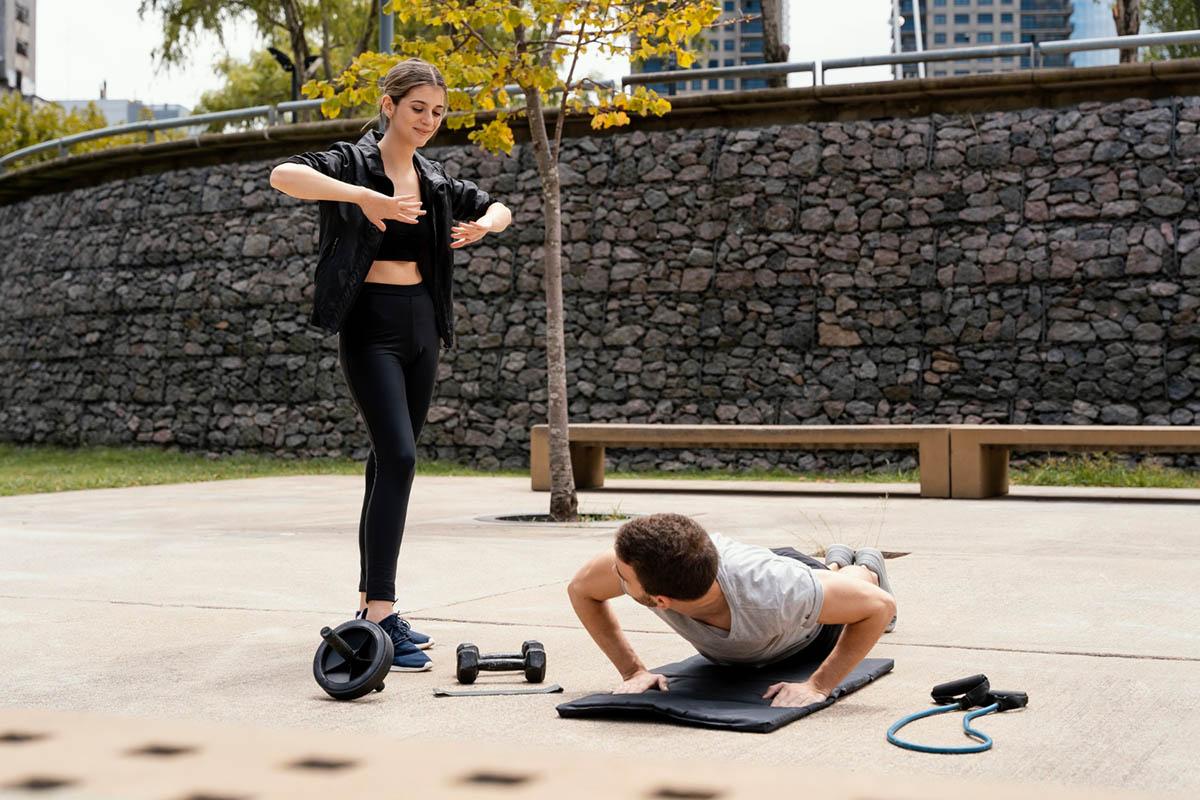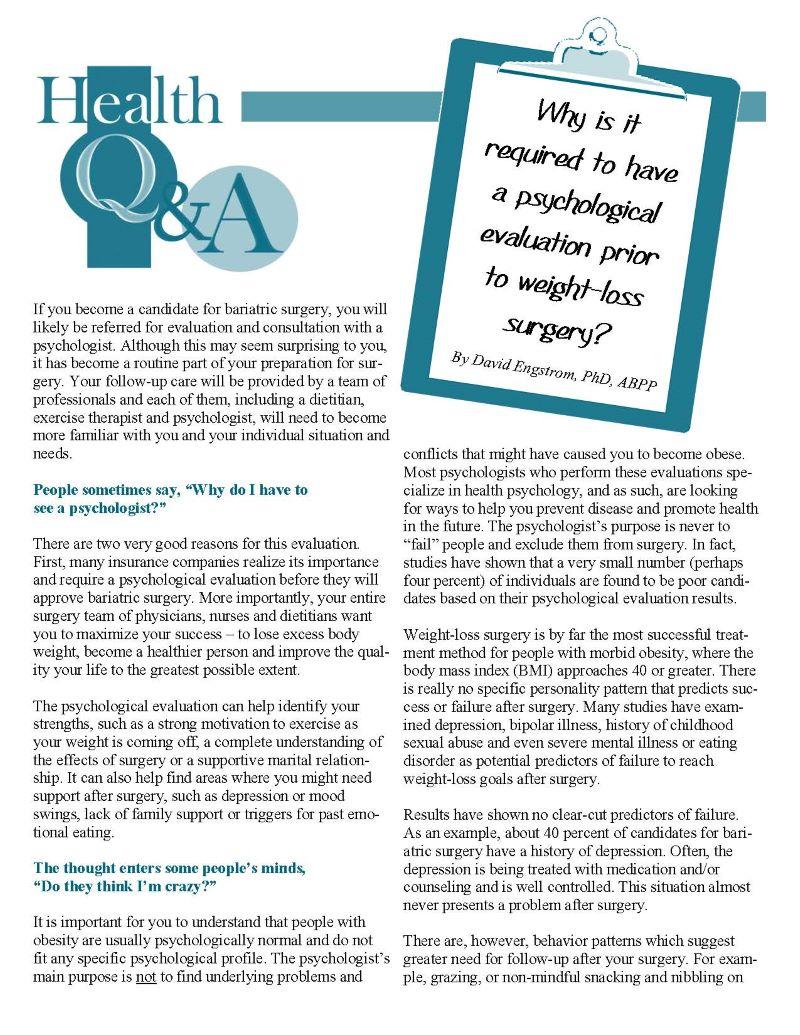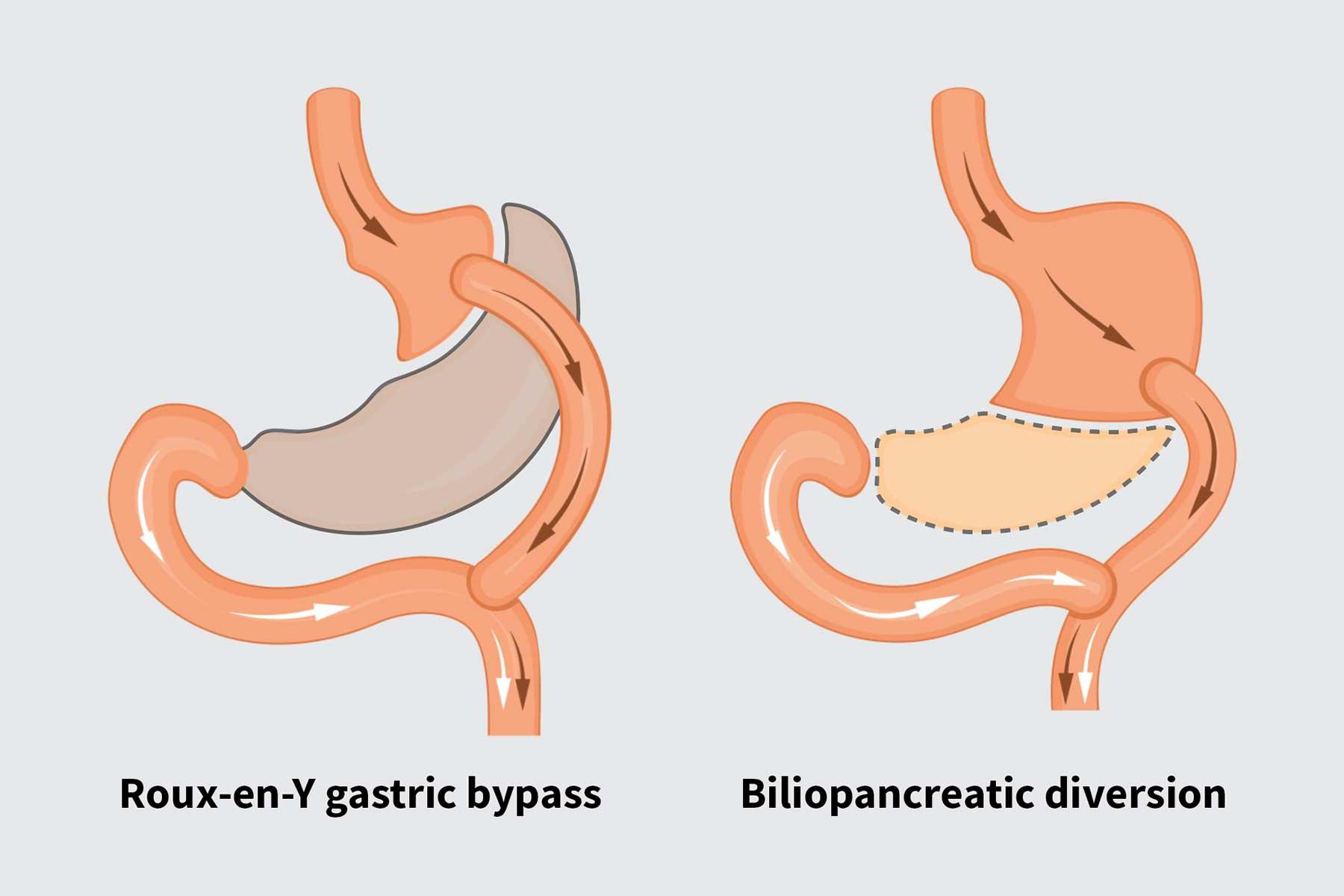Have you recently taken the big step of undergoing weight loss surgery, and now you’re feeling a mix of excitement and uncertainty about what comes next? You’re definitely not alone—many people find themselves navigating a brand new journey filled with both triumphs and challenges after surgery. It’s not just about shedding those extra pounds; it’s also about figuring out how to maintain that momentum and sustain your new lifestyle. In this article, we’ll explore the key adjustments you might face post-surgery, from dietary changes to emotional well-being, and share practical tips to help you thrive. Stick around, as we’ll dive into some valuable insights that could make this transition smoother and more rewarding than you ever imagined.

After Weight Loss Surgery Recovery Tips
Recovery from weight loss surgery is not just a physical journey; it’s an emotional and psychological transformation as well. Ever thought about how a butterfly breaks free from its cocoon? That’s exactly what many individuals experience post-surgery. As the initial euphoria fades, some might find themselves grappling with their new identities. Embracing open conversations with support groups can be incredibly beneficial. Sharing stories and listening to others can instill a sense of community that often forms the backbone of recovery. Resources like the Obesity Action Coalition provide platforms for such discussions, helping you feel less alone in your journey.
A practical tip many overlook is the importance of hydration. After surgery, your stomach is smaller, leading to the risk of dehydration, which can manifest as fatigue or dizziness. Experts recommend sipping water throughout the day rather than chugging large amounts at once—think of it like dispersing your hydration needs; in essence, small sips can lead to big gains. This small, consistent effort helps you adapt to your new eating habits and supports overall well-being. Consider integrating herbal teas or broths; not only are they soothing, but they also provide nutrition in a light, digestible form.
Don’t forget to set realistic goals for yourself. It’s tempting to want to see dramatic results overnight, but true transformation takes time. Reflect on what progress means for you—whether it’s fitting into that long-lost dress, enjoying a hike with friends, or simply feeling more energetic in daily life. Start by identifying 3-5 sustainable habits you’d like to adopt, such as increasing your daily step count or trying out new healthy recipes each week. Tracking these changes using apps like MyFitnessPal or even a simple journal can help maintain your motivation. Ultimately, it’s about creating a lifestyle that feels fulfilling and authentic to you.

Nutrition Guidelines for After Weight Loss Surgery
After weight loss surgery, navigating nutrition can feel like a complex puzzle. Imagine your stomach is like a new car: you want to fuel it with high-quality nutrition to ensure it runs smoothly. Prioritizing protein becomes essential, as it’s not just about filling up; it’s about rebuilding your body and supporting muscle mass. Consider focusing on lean meats, eggs, or plant-based sources like beans and lentils. For instance, a simple grilled chicken salad with plenty of colorful veggies can pack a nutritious punch while being easy on your healing stomach. How about setting a daily protein goal? Aim for about 60-80 grams daily, and keep track of what you’re consuming—this could be a game-changer in your recovery journey!
Don’t underestimate the importance of hydration in your post-surgery life. Water is crucial, not just as a thirst quencher but also for digesting those small amounts of food you’ll be eating in the early stages. Try sipping on water throughout the day rather than chugging it all at once; this can help prevent discomfort. Herbal teas, sugar-free flavored waters, or even broths can add variety and keep your hydration game strong. Ever tried adding a slice of lemon or cucumber to your water? It’s a refreshing twist that not only bolsters hydration but also makes drinking more enjoyable!
As you evolve in your dietary journey, remember to gradually reintroduce a variety of foods. It’s easy to fall into a routine of eating just a handful of items, but expanding your plate can offer essential vitamins and minerals your body craves. Think of it as an adventure—taste testing new foods like quinoa, fish, or different vegetable preparations. One successful approach is to follow the “small plate rule,” which encourages you to fill a smaller dish with a colorful array of foods, giving you satisfaction and visual appeal. Seeking guidance from a registered dietitian can also help tailor your eating habits directly to your needs. Their advice and impact can be profound, steering you toward sustainable nutritional choices while reflecting on the emotional relationship with food. All of this contributes to a healthy lifestyle that resonates beyond just weight maintenance!

Exercise Strategies Post Weight Loss Surgery
After a significant transformation like weight loss surgery, it’s natural to want to dive headfirst into a new fitness routine. But before you lace up those sneakers, it’s essential to recognize that your body has been through a tremendous change. Have you ever thought about how different exercise strategies can impact your recovery and long-term success? Starting with low-impact activities, such as walking or swimming, is not only an excellent approach to reintroducing movement but also encourages healing. Engage with your surroundings; find a lovely park or a local pool where moving feels enjoyable rather than burdensome. Remember, the goal is to create a sustainable relationship with exercise, so pick activities that excite you!
As you progress, consider incorporating strength training into your routine. Not only does it help build the muscle you may have lost, but it also revs up your metabolism. Imagine this: lifting weights not only tones your body but can significantly enhance your energy levels throughout the day. Focus on progressive overload, which means gradually increasing the weight or resistance as you become stronger. This principle can prevent plateaus and keep things fresh. A simple plan could include bodyweight exercises like squats and push-ups, gradually moving to free weights or resistance bands. For more elaborate guidelines on strength training, check out the American Council on Exercise.
Don’t underestimate the power of community in your exercise journey. Joining a local group or finding a fitness buddy can make those workouts feel less like a chore and more like an enjoyable event. Share your goals and motivate each other to celebrate small victories along the way. Research suggests that social support significantly contributes to long-term weight loss success. Plus, who doesn’t love a good laugh while getting fit? So, whether it’s participating in a group class or simply sharing stories over post-workout smoothies, remember that you don’t have to go through this alone. Embrace the journey, connect with others, and watch as you not only transform your body but your life as well!

Mental Health Support After Weight Loss Surgery
Weight loss surgery can be a transformative experience, but it’s important to remember that the journey doesn’t end at the operating table. Many individuals find themselves grappling with emotional changes post-surgery. Can you relate to feeling an unexpected void despite reaching your weight loss goals? This feeling is not unusual. Studies show that approximately 30% of people experience significant emotional adjustments after their procedure. This isn’t just about fitting into smaller clothes; it also involves navigating shifts in identity, self-esteem, and relationships. It’s crucial to address these mental health challenges head-on and to seek support that reflects your emotional and psychological needs.
So, how can you bolster your mental wellness during this time? Here are a few actionable strategies that can help you:
- Connect with Others: Seek out support groups or online communities where you can share experiences with those who understand the nuances of your journey. It can be enlightening to hear how others navigate the same challenges.
- Educate Yourself: Arm yourself with information about the psychological aspects of weight loss. Resources like Obesity Action Coalition offer valuable insights on the emotional health improvements following surgery.
- Consider Therapy: Professional counseling or therapy can provide valuable coping strategies and emotional support as you undergo this significant life change.
These approaches not only offer a sense of community but also highlight that you’re not alone in feeling a spectrum of emotions.
Lastly, take a moment to appreciate the progress you’ve made—not just physically, but emotionally. Reflection can be a powerful tool in this journey. Consider journaling about your experiences or engaging in mindfulness practices. According to research from the National Institutes of Health, mindfulness can significantly enhance emotional regulation, helping you to process feelings of anxiety or sadness as they arise. The path after surgery is not just about maintaining a new weight but fostering a holistic sense of self. Remember, every step you take towards managing your mental health is a commendable victory in itself.

Long-Term Success After Weight Loss Surgery
Imagine waking up one morning after weight loss surgery and feeling an extra bounce in your step. You look in the mirror and see a reflection that aligns more closely with your self-image—a healthier, more vibrant version of yourself. However, the journey doesn’t end at the hospital doors; it’s just the beginning. Long-term success hinges on a mix of mindset shifts and healthy habits. Studies show that around 20% of patients regain significant weight after surgery, often due to not adopting these new habits. So, how do we ensure we’re part of the success story? It starts with accountability. Surround yourself with supportive friends or join a post-op support group. Learning from others’ experiences can be a game-changer.
Nutrition plays a pivotal role in sustaining weight loss and improving overall health. Embrace a balanced diet rich in whole foods, lean proteins, and lots of vegetables. Here’s a little tip: Keep a food journal to track what you eat and how you feel. This simple act of mindfulness can reveal patterns and help you make better choices. Be cautious with high-calorie liquids, as they can sneak in additional calories that impede your progress. According to the National Institutes of Health, incorporating regular meal planning can prevent impulsive eating, leading to better weight management.
Physical activity is another cornerstone of long-term weight management. You don’t need to leap into intense workouts immediately; start slow and gradually increase your activity level. Think of it as rediscovering your love for movement! Walking, dancing, or swimming can all be enjoyable ways to engage. Consider setting small, achievable fitness goals. For example, aim to take a brisk 20-minute walk three times a week. Over time, you’ll find that these small victories lead to significant changes. Keeping your body active not only helps maintain weight but also enhances your mood and boosts confidence. Want to know more about exercise benefits? The Centers for Disease Control and Prevention provides extensive insights and recommendations that can guide you on your journey.
Parting Notes
As you embark on this transformative journey after weight loss surgery, remember that the path ahead is filled with both challenges and remarkable opportunities for growth. Taking charge of your health is not just about the numbers on a scale; it’s about embracing a lifestyle that empowers you to thrive. Whether it’s discovering new recipes, finding a supportive community, or prioritizing mental well-being, each step you take reinforces your commitment to a healthier you. Reflect on your own experiences—what changes are you eager to make, and how can you celebrate your progress, no matter how small? Share your thoughts with us and connect with others who are on a similar journey. Ultimately, this is your story to write, and each chapter can inspire not only your life but also those around you. So, keep moving forward, stay curious, and let your journey unfold in beautiful ways.





